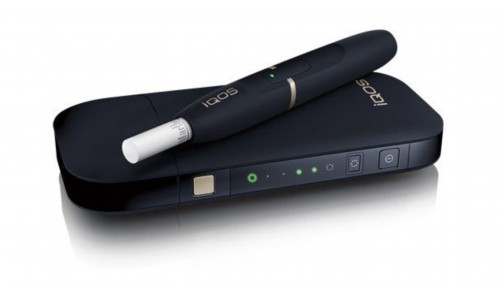
Kedu ihe bụ afọ ojuju iji zụta ngwaahịa vape?
Understanding the Legal Age for Purchasing Vape Products
The regulations surrounding the purchase of vape products have been ever-evolving, reflecting the growing concerns about youth vaping and the potential health risks associated with nicotine consumption. As more states and countries introduce stringent laws, understanding the legal age to buy vape products is essential for consumers, retailers, and policymakers alike. This article provides a comprehensive overview of the prevailing regulations in various regions and their implications.
Legal Age in the United States
In the United States, the legal age to purchase vape products is federally set at 21 years. The Tobacco 21 law, enacted in December 2019, prohibits the sale of tobacco and vaping products to individuals under the age of 21. This legislation aims to curb the rising trend of vaping among teenagers and ensure that young adults are better equipped to make informed decisions about nicotine consumption. Individual states, however, have the ability to impose stricter laws, which may include increased penalties for retailers who sell to underage customers.
State-Specific Regulations
While the federal law establishes a baseline, several states have implemented additional restrictions that vary significantly. For example, states like California and Massachusetts have laws that mirror the federal age requirement but have also placed limits on flavorings, advertising, and online sales. On the other hand, states like Texas have embraced a more lenient approach, allowing local governments to set their regulations, resulting in a patchwork of rules.
International Age Restrictions
Globally, the legal age for purchasing vape products varies widely. In Canada, the legal age is 19 years in most provinces, while Alberta allows individuals as young as 18 to make purchases. In the United Kingdom, the legal age is also set at 18, aligning with tobacco regulations. However, nations such as Australia and New Zealand have taken more aggressive stances, with bans on sales to anyone under the age of 18, coupled with restrictions on advertising and marketing aimed at youth.
Health Implications of Age Restrictions
Research has consistently shown that age restrictions are vital in protecting younger populations from the potential harms associated with vaping. Nicotine addiction can lead to long-term health issues, and scientific studies indicate that adolescent exposure to nicotine can disrupt brain development, leading to cognitive and behavioral challenges. By establishing a legal age for purchasing these products, governments aim to minimize early exposure and encourage healthier lifestyle choices among youth.
Enforcement of Age Regulations
Enforcing age regulations is a critical component of maintaining the integrity of age restrictions. Retailers must comply with laws mandating age verification, often involving the use of identification checks at the time of purchase. Failing to adhere to these regulations can result in substantial fines, license revocations, and legal consequences for repeat offenders. Additionally, local governments may conduct sting operations to ensure compliance by monitoring sales in various establishments.
The Role of Education and Awareness
In addition to enforcing age restrictions, education plays a vital role in preventing youth access to vape products. Schools, parents, and community organizations are encouraged to engage in awareness campaigns that highlight the risks associated with vaping and nicotine use. Such initiatives can empower adolescents to make informed choices and foster an understanding of the health implications tied to tobacco and vaping products.

The Future of Vape Regulation
As the vaping landscape continues to evolve, it is likely that regulations will become more complex. Governments may introduce further restrictions on the advertising of vape products, the types of flavors available, and even potential licensing for retailers. The ongoing discourse about public health, youth accessibility, and personal freedoms will shape future policies guiding the sale of vape products.
Conclusion: Navigating the Vaping Landscape
Understanding the legal age for purchasing vape products is essential for consumers and retailers alike. As laws change and evolve, staying informed is crucial to navigating this rapidly changing landscape. With the objective of protecting public health and preventing youth access to potentially harmful substances, age restrictions are a key factor in the discourse surrounding vaping regulation. As stakeholders continue to address the challenges posed by vaping, ongoing education, clear guidelines, and effective enforcement of existing laws will remain paramount.


